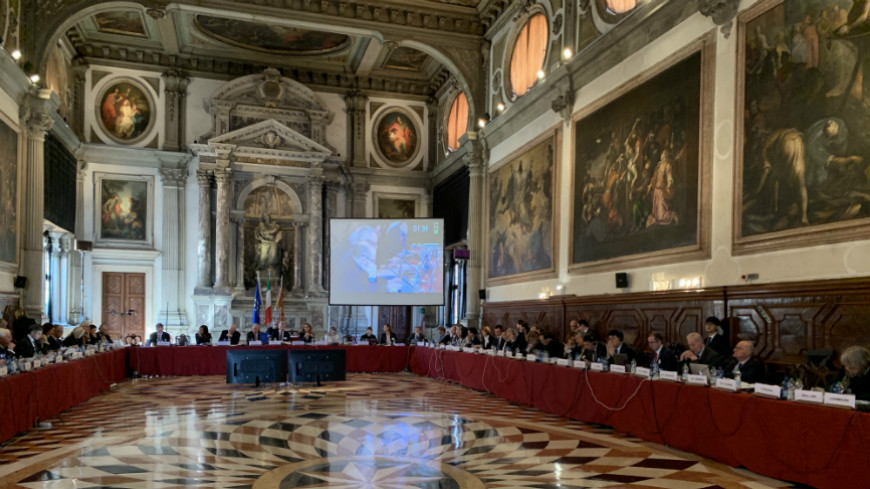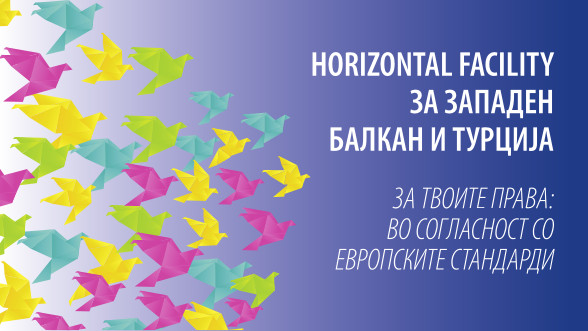The President of the Constitutional Court of Bosnia and Herzegovina requested an opinion of the Venice Commission on eight questions relating to the functioning of the Constitutional Court, namely on the measures that could be taken in a situation in which the authorities deliberately block the election of judges to the Constitutional Court, as well as the appointment of ad hoc judges, prolongation of the mandate of current judges and anti-deadlock mechanisms.
Following this request, the Venice Commission adopted its Opinion “On certain questions relating to the functioning of the Constitutional Court of Bosnia and Herzegovina” during the plenary session on 15 – 16 March 2024.
In its Opinion, the Venice Commission expresses grave concern that the Constitutional Court of Bosnia and Herzegovina is unable function at its full capacity, due to the failure of the authorities of the Federation of Bosnia and Herzegovina and Republika Srpska to appoint judges to the Constitutional Court. By February 2024, this has led to an accumulation of more than 7,000 pending cases, making access to constitutional justice excessively lengthy and jeopardising the effectiveness and credibility of the judicial system, as the Venice Commission states.
In its Opinion, the Venice Commission offers several solutions to abovementioned issues, but recognises that those solutions are limited in scope and will not remedy the situation in a truly satisfactory manner. The Commission points out that “a viable lasting solution can only be found with the bona fide engagement of all relevant political stakeholders, in particular the authorities of the two entities”.
The Venice Commission stresses that the mandate and powers of institutions of the state of Bosnia and Herzegovina must be respected to allow them to fulfil their legitimate institutional objectives. It therefore urges the authorities of the Federation of Bosnia and Herzegovina and Republika Srpska to be guided by the principle of loyal co-operation between state and entity organs and fulfil their constitutional obligations, appointing judges to the Constitutional Court without further delay.
The opinion was prepared under the Expertise Co-ordination Mechanism (ECM), within the joint European Union and Council of Europe programme “Horizontal Facility for the Western Balkans and Türkiye“. The ECM enables the provision of legislative expertise and policy advice in the areas covered by the Horizontal Facility programme, as well as on constitutional issues falling under the mandate of the European Commission for Democracy through Law (the Venice Commission).


